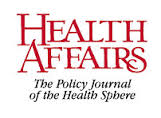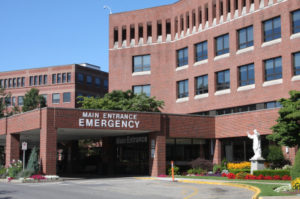The Role of Medicaid in Addressing Social Determinants of Health
Medicaid can play a major role in addressing the social determinants of health.
Or so argues a recent post on the Health Affairs Blog.
 According to the post, social determinants of health – income, education, decent housing, access to food, and more – significantly influence the health and well-being of individuals – including low-income individuals who have adequate access to quality health care. Medicaid, the post maintains, can play a major role in addressing social determinants of health.
According to the post, social determinants of health – income, education, decent housing, access to food, and more – significantly influence the health and well-being of individuals – including low-income individuals who have adequate access to quality health care. Medicaid, the post maintains, can play a major role in addressing social determinants of health.
The post outlines the role state Medicaid programs can play in addressing social determinants of health; describes tools for such action such as section 1115 Medicaid demonstration waivers; offers examples of efforts currently under way in some states; and presents suggestions for steps the federal government can take to facilitate such efforts.
Addressing social determinants of health is an especially important issue for Pennsylvania safety-net hospitals because they care for so many more Medicaid-covered low-income patients than the typical hospital in the state.
Learn more from the Health Affairs Blog post “For An Option To Address Social Determinants Of Health, Look To Medicaid.”
 Miller conveyed what a news release described as
Miller conveyed what a news release described as The requirement itself is not new; the purpose of the memorandum is to encourage federal agencies to enforce existing laws that state that, according to the memorandum,
The requirement itself is not new; the purpose of the memorandum is to encourage federal agencies to enforce existing laws that state that, according to the memorandum, According to a new study from the Georgetown University Health Policy Institute’s Center for Children and Families,
According to a new study from the Georgetown University Health Policy Institute’s Center for Children and Families, For FY 2018-2019, Pennsylvania borrowed against future proceeds from the Tobacco Settlement Fund to help balance the state budget. Debt service payments will soon be due and the Wolf administration has proposed paying that debt service with proceeds from the state’s sales and use taxes. In a letter to state legislators, SNAP and the others endorse this aspect of the administration’s proposed budget FY 2019-2020 budget.
For FY 2018-2019, Pennsylvania borrowed against future proceeds from the Tobacco Settlement Fund to help balance the state budget. Debt service payments will soon be due and the Wolf administration has proposed paying that debt service with proceeds from the state’s sales and use taxes. In a letter to state legislators, SNAP and the others endorse this aspect of the administration’s proposed budget FY 2019-2020 budget. Among the possible alternatives to the current methodology for calculating inflation is the Chained Consumer Price Index for All Urban Consumers. The Obama administration also explored substituting this index for the current inflation factor.
Among the possible alternatives to the current methodology for calculating inflation is the Chained Consumer Price Index for All Urban Consumers. The Obama administration also explored substituting this index for the current inflation factor. The report consists of descriptions of the different types of supplemental Medicaid payments that states make to some providers, including:
The report consists of descriptions of the different types of supplemental Medicaid payments that states make to some providers, including: The report, published on the JAMA Network Open, found that ER visits by uninsured patients fell from 16 percent to eight percent between 2006 and 2016, with most of this decline after 2014, while uninsured discharges fell from six percent to four percent.
The report, published on the JAMA Network Open, found that ER visits by uninsured patients fell from 16 percent to eight percent between 2006 and 2016, with most of this decline after 2014, while uninsured discharges fell from six percent to four percent.